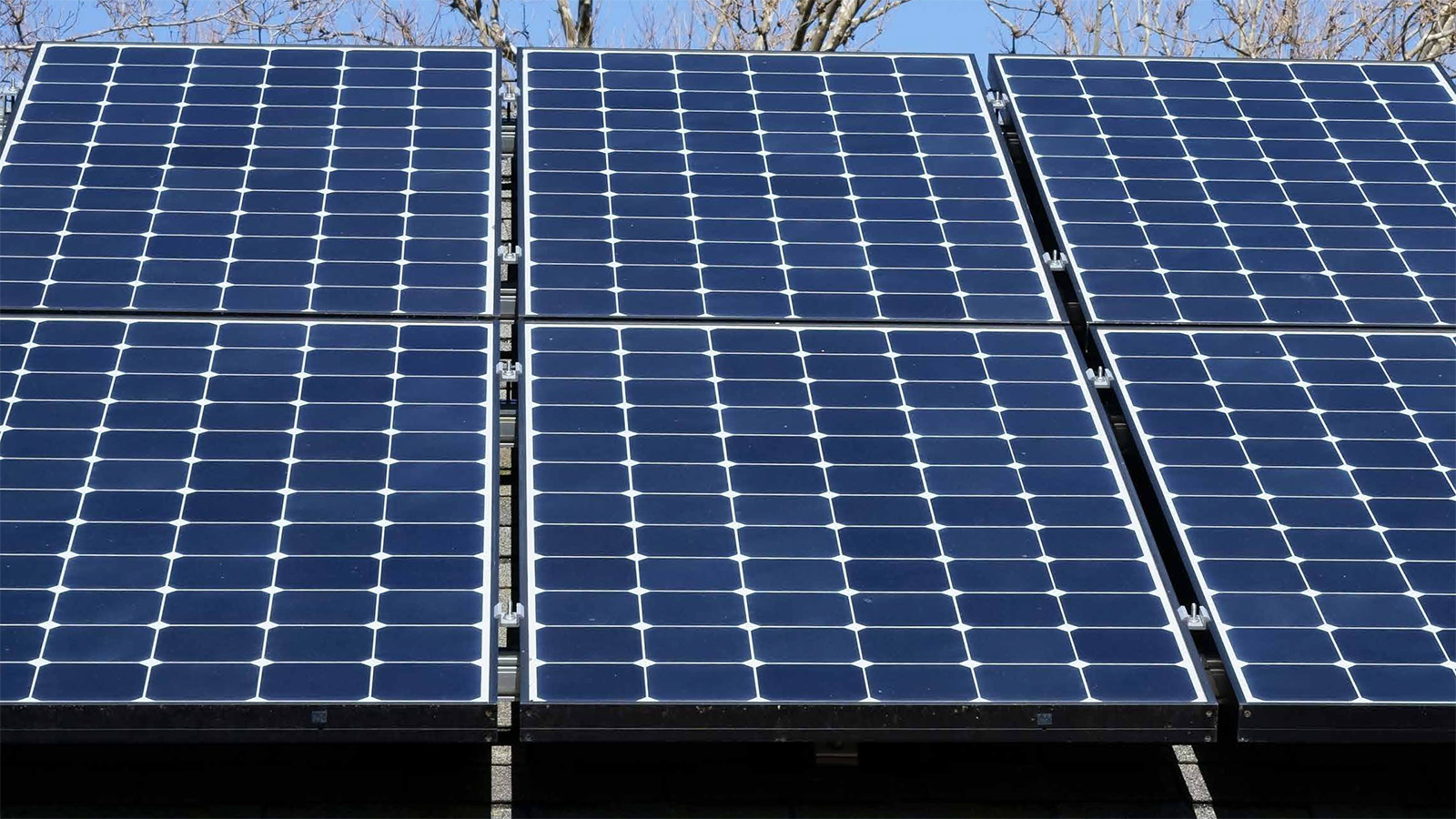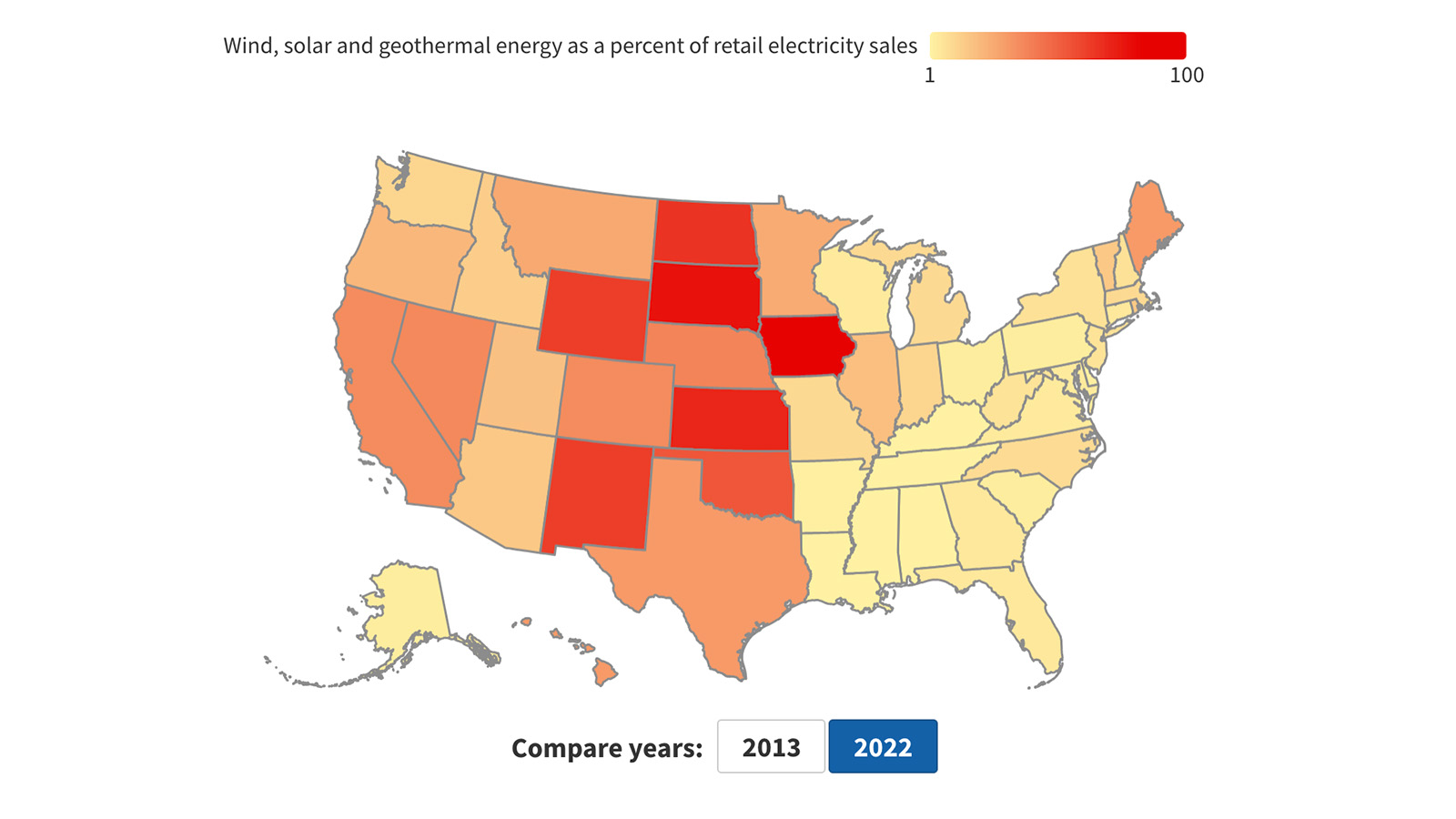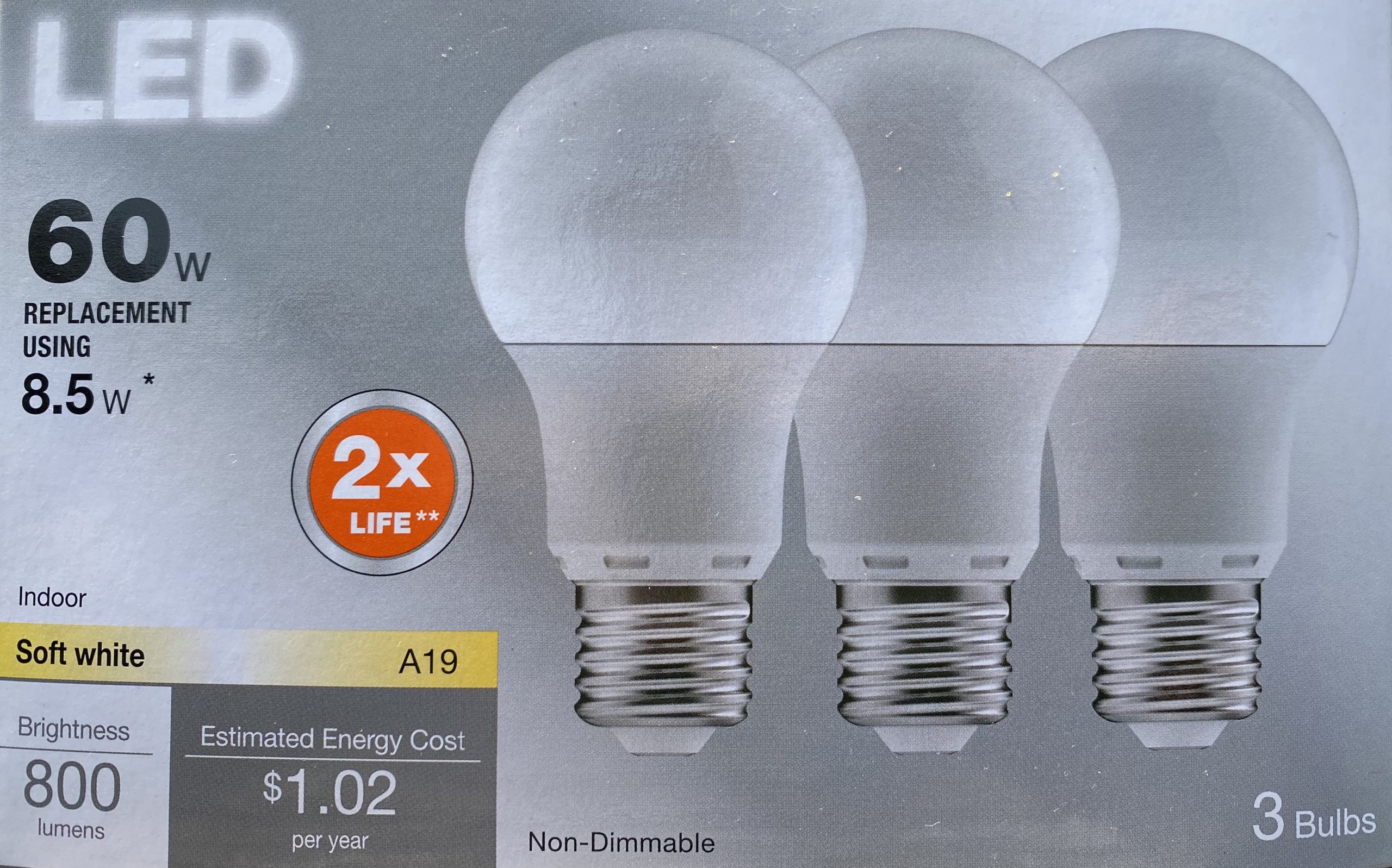Blocking Rooftop Solar
The companies, lobbyists and front groups undermining local clean energy
Solar power is helping move the United States toward a future of 100% renewable energy, while reducing global warming pollution, cleaning up the air in our communities, and empowering homeowners and business owners to generate their own electricity. And increasingly, solar power can do all that at a lower cost than electricity produced from fossil fuels. Utilities increasingly fear that the falling prices and rising availability of clean solar power will threaten their business model, which ties profits to the amount of capital investment they make in the grid, and sometimes to the amount of electricity sold. Consequently, in states across the country, utilities are using their money and clout to push policymakers to undercut solar power.
Downloads
PIRGIM Education Fund

Executive summary
Solar power is cheaper, more efficient and more abundant than ever before. Over the past decade, the amount of solar energy produced in the United States has increased 30-fold, while the average cost of a residential solar energy system has fallen by more than half. The American public is increasingly supportive of solar energy. By 2020, according to Pew Research, 79% of Americans – a broad majority – believed that developing non-fossil fuel energy sources, including solar and wind power, should be the country’s top energy priority.
Solar power is helping move the United States toward a future of 100% renewable energy, while reducing global warming pollution, cleaning up the air in our communities, and empowering homeowners and business owners to generate their own electricity. And increasingly, solar power can do all that at a lower cost than electricity produced from fossil fuels.
Utilities increasingly fear that the falling prices and rising availability of clean solar power will threaten their business model, which ties profits to the amount of capital investment they make in the grid, and sometimes to the amount of electricity sold. Consequently, in states across the country, utilities are using their money and clout to push policymakers to undercut solar power and make it harder for homeowners and small business owners to produce their own clean energy. A particular utility target is the policy used (as of June 2020) in 40 states, Washington, D.C., and some U.S. territories to ensure solar panel owners receive fair compensation for the clean energy they supply to the electric grid, known as “net metering.”
Recent corruption scandals in Ohio and Illinois, in which utilities and other special interests allegedly used their clout to twist public policy in their favor, highlight how far anti-solar efforts have gone. Policymakers must resist pressure from utilities and the fossil fuel industry and implement pro-solar policies that will continue America’s momentum toward clean energy.
In 2021, a national network of utility interest groups and fossil fuel-linked think tanks continues to offer funding, advice and support to utilities across the country seeking to undermine rooftop solar power. These include:
-
Edison Electric Institute. Edison Electric Institute (EEI), the trade group that represents U.S. investor-owned electric utilities, developed the model for utilities to use in attacking solar at the state level. EEI worked with the American Legislative Exchange Council to create model legislation to attack net metering. EEI has trained utility executives in how to run advocacy campaigns and has consistently been a major donor to national Congressional candidates and parties.
-
Consumer Energy Alliance. The Consumer Energy Alliance (CEA) is a Houston-based front group for the utility and fossil fuel industry, representing companies like Florida Power & Light, ExxonMobil, Chevron and Shell Oil CEA has spent resources or shipped representatives across the country to help utilities fight their battles in states like Florida, Indiana and Utah.
-
The American Legislative Exchange Council (ALEC). ALEC is a nationwide organization funded in part by anti-solar interests including major utilities, fossil fuel companies and affiliated lobby groups. ALEC claims to be primarily a membership organization but is dominated by its corporate and other outside donors, who provide 98% of its budget. It has worked for years to fight renewable energy and pro-solar policies across the country by coordinating with utilities and other local special interests and introducing legislation through policymakers who are ALEC members.
-
Koch Industries. The Koch organization has provided funding to the national fight against solar by funneling tens of millions of dollars through a network of opaque nonprofits. The Koch-funded campaign organization Americans for Prosperity (AFP) has carried out extensive anti-solar organizing efforts. Koch organizations have directly supported utility fights against solar power in a number of states.
Utilities in many states have worked with these and other national anti-solar groups to undermine pro-solar policies, with varying degrees of success.
-
Fossil fuel industry-tied group the New England Ratepayers’ Association (NERA) filed a petition with the Federal Energy Regulatory Commission (FERC) in 2020 arguing that solar customer sales of electricity back to utilities should be considered wholesale sales under FERC’s jurisdiction, and that states thus do not have the legal right to impose net metering policies and payment rates. In the face of strong public and state government opposition to the petition, FERC dismissed it in July 2020, saying NERA did not prove any harm, but did not explicitly rule out any FERC jurisdiction over solar customer sales back to the grid.
-
In Ohio, utilities have frequently attacked rooftop and utility-scale solar expansion. Former state subsidiaries of mega-utility FirstEnergy allegedly engaged in a massive $61 million bribery and influence campaign that secured the passage of a 2019 law removing state incentives for further renewable energy development and charging ratepayers to bail out uncompetitive coal and nuclear power plants. Despite criminal charges against key players, including the ex-speaker of the State House of Representatives, the anti-solar law remains on the books in 2021.
-
Florida’s three investor-owned utilities (IOUs) – Florida Power & Light (FPL), Duke Energy and Tampa Electric Company – have engaged in aggressive anti-solar tactics that have kept solar power producing just 3% of all electricity in the Sunshine State. These tactics include donating to the campaigns of state political figures and parties, employing an army of lobbyists, funding a deceptive 2016 anti-solar ballot initiative (rejected by voters) that would have inserted language imposing barriers to rooftop solar into the state constitution, and unsuccessfully pressuring the state Public Service Commission (PSC) in September 2020 to roll back net metering rules.
-
In Illinois, utility Ameren fought fiercely to replace net metering with lower payments to solar owners. A 2017 law gave rooftop solar customers full net metering benefits until solar generation reached 5% of utility peak demand. In October 2020, the utility said it had reached the 5% solar threshold and would switch to smaller rebates. In December 2020 the state regulator showed Ameren’s calculations were wrong and ordered it to restore full net metering payments. The regulator and solar advocates calculated that Illinois is unlikely to reach the 5% solar level before 2023, but the utility continues pushing to replace net metering with lower payments as soon as possible.
-
California’s major investor-owned utilities – Pacific Gas & Electric (PG&E), Southern California Edison (SoCal Edison) and San Diego Gas & Electric (SDG&E) – are pushing for dramatic changes in the net metering policies that have helped the state become the nation’s leader in rooftop solar adoption. The utilities’ proposal would create the nation’s highest fixed charges for solar customers while slashing net metering payments. The changes would severely hamper the state’s solar market at a moment when the state must accelerate clean energy deployment to meet its climate and energy goals. The California Public Utilities Commission is expected to rule on the future of net metering in the state near the end of 2021.
-
Kansas utilities have opposed solar power intensely for years. Westar Energy and Kansas City Power & Light, which merged in 2018 to form Evergy – plus Empire District Electric, the third IOU in the state – made campaign contributions and lobbied for elimination of state net metering in 2014. The utilities failed to get the state to scrap net metering completely, but legislators did cut the policy’s benefits to solar owners. Evergy kept up its attacks by imposing a demand fee in 2018 on residential solar owners – sometimes over $100 monthly – which deterred new solar customers. The fee was approved by the Kansas Corporation Commission (KCC), the state regulator, but the Kansas Supreme Court ruled in April 2020 that the utilities and the regulator had engaged in illegal price discrimination against solar customers and remanded the issue back to KCC. Evergy kept the charge intact until the KCC unanimously ruled on February 25, 2021 against the demand fee in Evergy’s central territory, as well as a backup Evergy proposal for a minimum charge for all ratepayers. Evergy’s solar customers in other parts of the state, however, are still paying the demand fee.
-
In May 2019, South Carolina enacted a new pro-solar law which lifted the state cap on net metering, ensured full compensation for solar power for two years, and created a customer bill of rights. In December 2020, however, state utility Dominion Energy South Carolina sought to raise costs and uncertainty for solar owners, proposing new fees and charges that in total would cost the average solar owner $750 annually. Solar advocates said the proposed changes would hamper the growth of solar power in the state, in conflict with the intent of the 2019 law. The state Public Service Commission held a March 23 hearing where nearly all attendees opposed the Dominion proposal, and rejected Dominion’s proposal in an April ruling.
State decisionmakers, including legislators, utility oversight boards and others, should resist efforts by utilities and their special interest supporters to limit the spread of rooftop solar, including to marginalized communities. Decisionmakers should reject these groups’ efforts to weaken pro-solar policies, including:
-
Caps, restrictions on or elimination of net metering;
-
Rollbacks or elimination of state renewable energy standards;
-
Unfair or discriminatory charges or tariffs on solar power system owners;
-
Utility rate structures that penalize or discourage solar installation; and
-
Other unneeded regulatory burdens on solar energy.
States should also promote and defend policies that support the growth of rooftop solar and speed the national transition toward 100% renewable energy. These include:
-
Considering the full benefits of distributed solar energy to the grid, to ratepayers and to society in solar energy ratemaking or policy decisions;
-
Implementing strong net metering and interconnection standards, which enable many customers to meet their own electricity needs with solar power;
-
Supporting community shared solar projects and virtual net metering, which can expand public access to solar power;
-
Enacting or expanding solar carve-outs and renewable electricity standards;
-
Enabling financing mechanisms to allow for greater solar access for businesses and individuals;
-
Allowing companies that are not utilities to sell or lease solar power to residents and businesses; and
-
Investing wisely in making the electric grid more intelligent, which will facilitate a greater role for distributed sources of energy such as solar power.
In addition, policymakers should reaffirm and strengthen U.S. national and international commitments to reduce emissions that cause global warming. Solar power will play an increasing role in reducing U.S. carbon emissions, shrinking the carbon footprint of our energy production and usage, and moving the country toward a cleaner future.
Topics
Authors
Mary Katherine Moore
Find Out More

Rooftop solar on the rise

Renewables On The Rise Dashboard

Buying LED bulbs: What to look for

